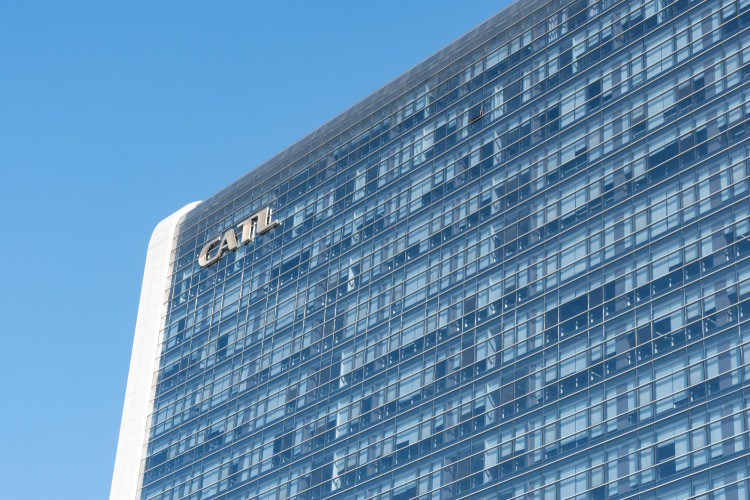Contemporary Amperex Technology Co. Ltd., the world's largest electric vehicle battery manufacturer, raised $4.6 billion in a landmark Hong Kong listing Tuesday, marking the biggest initial public offering globally in 2024. Shares surged as much as 18.4% above their listing price of 263 Hong Kong dollars ($33.61) on the first day of trading, underscoring the company's growing dominance in the global clean energy sector despite mounting U.S.-China tensions.
Based in Ningde, China, CATL manufactures batteries for Tesla, Volkswagen, Toyota, and maintains a technology licensing agreement with Ford. It holds more than one-third of the global EV battery market, making it a critical supplier as the auto industry accelerates its transition to electric mobility.
"The Hong Kong listing means that we are more deeply integrated into the global capital market," CATL founder and chairman Robin Zeng said at the exchange ceremony. "It marks a new starting point in promoting the global zero-carbon economy."
The offering provides CATL with a war chest for international expansion, including a planned $7.3 billion battery plant in Hungary. The company said most of the proceeds from the Hong Kong raise will support this new European facility, which will supply BMW, Stellantis, and Volkswagen.
Founded in 2011, CATL is already listed on the Shenzhen Stock Exchange and recorded $50 billion in revenue last year, with approximately 70% coming from the Chinese market. Despite a nearly 10% drop in revenue in 2023-the first since the firm began publishing earnings-analysts say its global position remains unchallenged.
"It's the 800-pound gorilla in the battery space," said Lei Xing, an independent Chinese auto industry analyst. "You could look at it as the Tesla of batteries."
Tu Le, managing director of Sino Auto Insights, said the IPO is "effectively building a war chest" to scale production beyond China. "They know that in order to continue to grow the way they want to, they really need to establish a presence outside of China," he said.
CATL has faced political headwinds in the U.S. In January, the company was blacklisted by the Department of Defense over alleged ties to the Chinese military-a charge the firm denies. The House Select Committee on the Chinese Communist Party urged JPMorgan Chase and Bank of America to drop their involvement in the listing. Both banks remained as underwriters.
Ford has also come under scrutiny from lawmakers for licensing CATL's technology in a $3.5 billion Michigan battery plant. Meanwhile, the Biden administration has imposed a 100% tariff on Chinese EVs and a 25% tariff on lithium-ion EV batteries, following earlier tariffs introduced by President Donald Trump.
Despite these barriers, CATL's business in the U.S. remains minimal, limiting the direct impact of the tariffs. "The direct implications of what we are seeing with tariffs will only have a limited effect on the company," said Neil Beveridge, head of Asia research at Bernstein.
Still, the broader U.S.-China trade dispute has stifled Chinese battery firms' access to American markets, which could hinder the domestic EV rollout. "At the end of the day, the only way to make more affordable electric vehicles is to lower the battery pack price," Le said. "And the only game in town currently able to do that are Chinese players."
CATL has invested heavily in research and development, with six R&D centers globally. Its newest battery, unveiled last month, promises to deliver 300 miles of driving range after just five minutes of charging.





